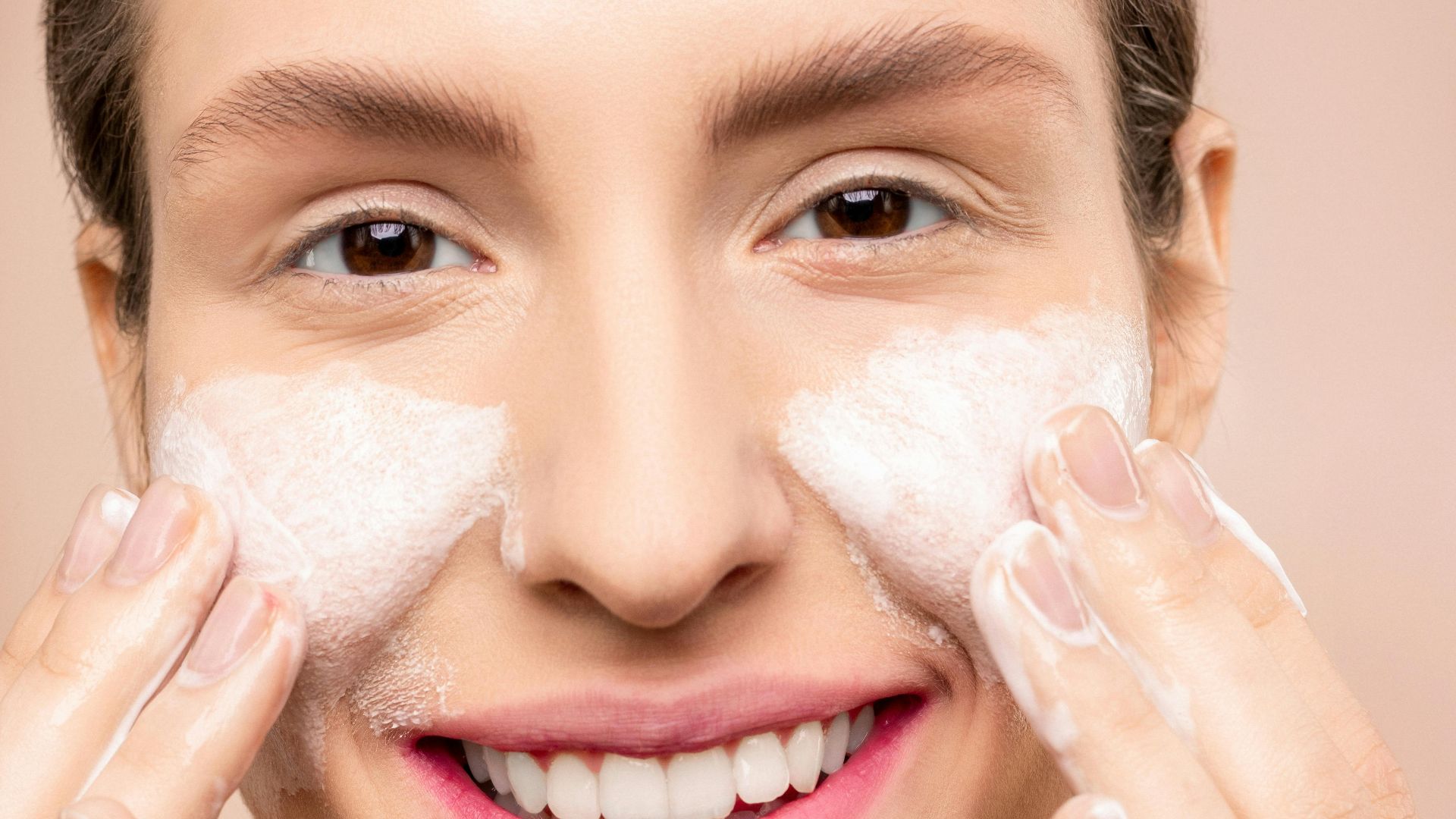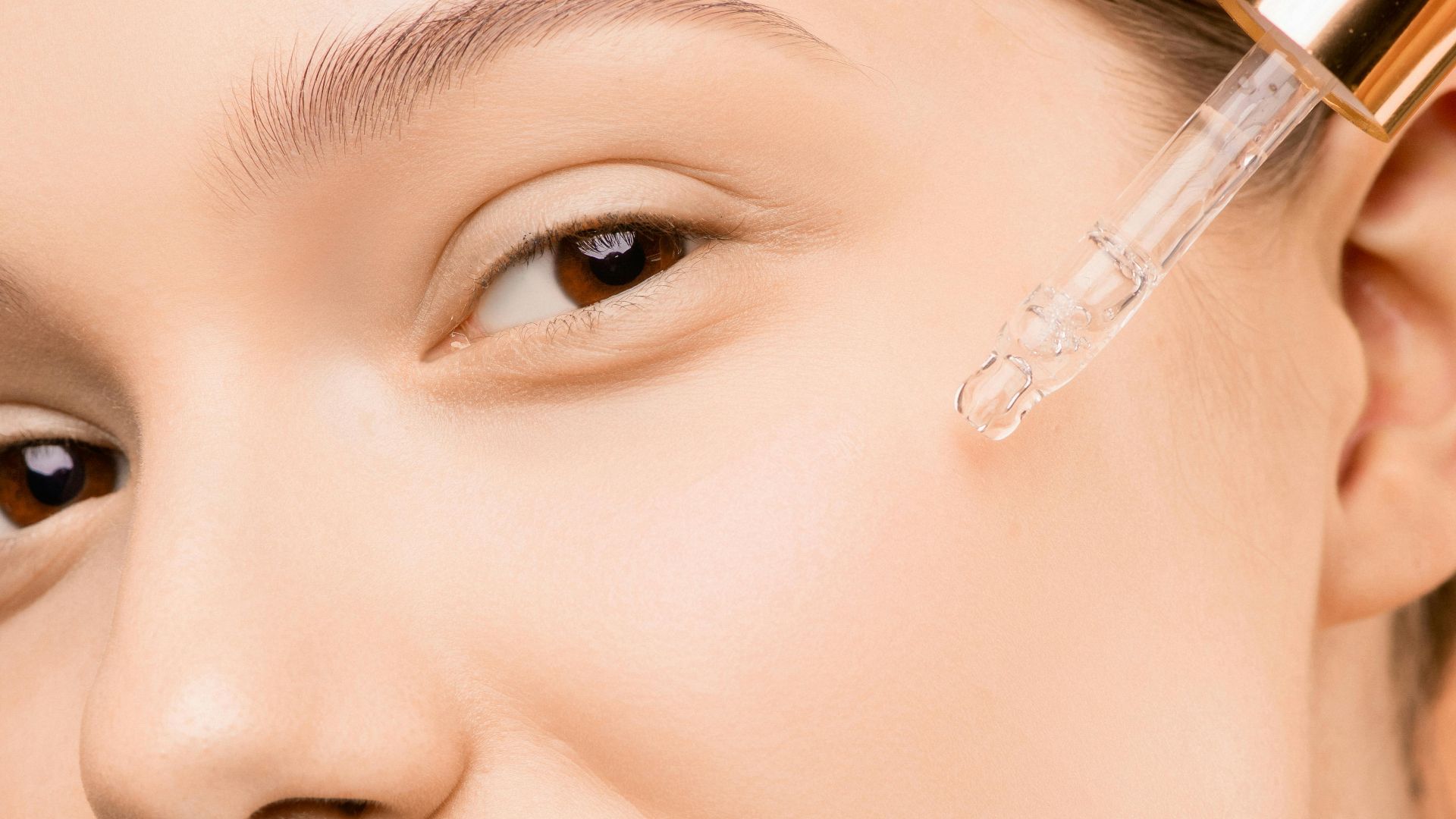The realm of skincare can often be perplexing. With terms like peptides, ceramides, and retinoids, there's a vast array of products prom...

The realm of skincare can often be perplexing. With terms like peptides, ceramides, and retinoids, there's a vast array of products promising to deliver everlasting youth, while many cost a fortune without delivering real results. In truth, no single product can eliminate your wrinkles. Maintaining a youthful appearance requires a mix of healthy lifestyle habits, nutrition, and the right skincare components.
The top anti-aging skincare component
Amid a vast array of serums, lotions, and exaggerated promises, vitamin C distinguishes itself as an ingredient supported by extensive scientific research and proven outcomes. Present in foods like citrus fruits, kiwis, and broccoli, it is recognized for enhancing immunity and is commonly consumed as a supplement to prevent sickness during cold and flu periods. Nevertheless, it is also among the most powerful antioxidants used in skincare.
Each day, your skin faces challenges such as pollution, sunlight, and harmful substances in the environment that create free radicals—unstable particles that harm DNA, proteins, and fats. Vitamin C fights these free radicals before they cause harm, supporting your skin's strength and brightness in the long run.
Not merely a protector

One of the characteristics that distinguishes vitamin C from other antioxidants is that it functions not only as a protector but also as a contributor. One of its most impressive features is its ability to promote collagen formation. Collagen is the protein that helps maintain skin's firmness, fullness, and flexibility.
As we grow older, the body's natural collagen production decreases. Starting as early as our mid-20s, it gradually reduces by about 1 percent each year, accumulating over time and resulting in loose skin and wrinkles. Vitamin C aids the enzymes involved in collagen synthesis, assisting your skin in regaining firmness and reducing initial signs of aging. With continued use, this results in a more taut and youthful look.
Brightening
One impressive feature of vitamin C is its capacity to enhance skin radiance. It suppresses melanin production, which causes dark spots, sun-related damage, and acne marks. Vitamin C can diminish existing blemishes and stop new ones from appearing, resulting in a more even tone and a glowing, healthy look.
Versatility
Vitamin C is also highly adaptable. It can be effective for nearly all skin types—ranging from oily to dry, and from acne-prone to sensitive—as long as the appropriate formula is selected. L-ascorbic acid is the most powerful and extensively studied form, although more stable variants such as sodium ascorbyl phosphate and magnesium ascorbyl phosphate provide milder options.
Regardless of the type you pick, consistency is essential: vitamin C works most effectively when used every day, particularly in the morning prior to applying sunscreen. Speaking of which, vitamin C complements SPF very well. While sunscreen protects against UV rays, vitamin C neutralizes any free radicals that manage to get through. UV rays are the main cause of visible skin aging, making this combination one of the most powerful anti-aging pairs in skincare.
In a beauty industry full of temporary fads, vitamin C never goes out of style. If you're seeking one ingredient that provides visible outcomes and lasting advantages, this small vitamin truly deserves its reputation as the top anti-aging necessity.



